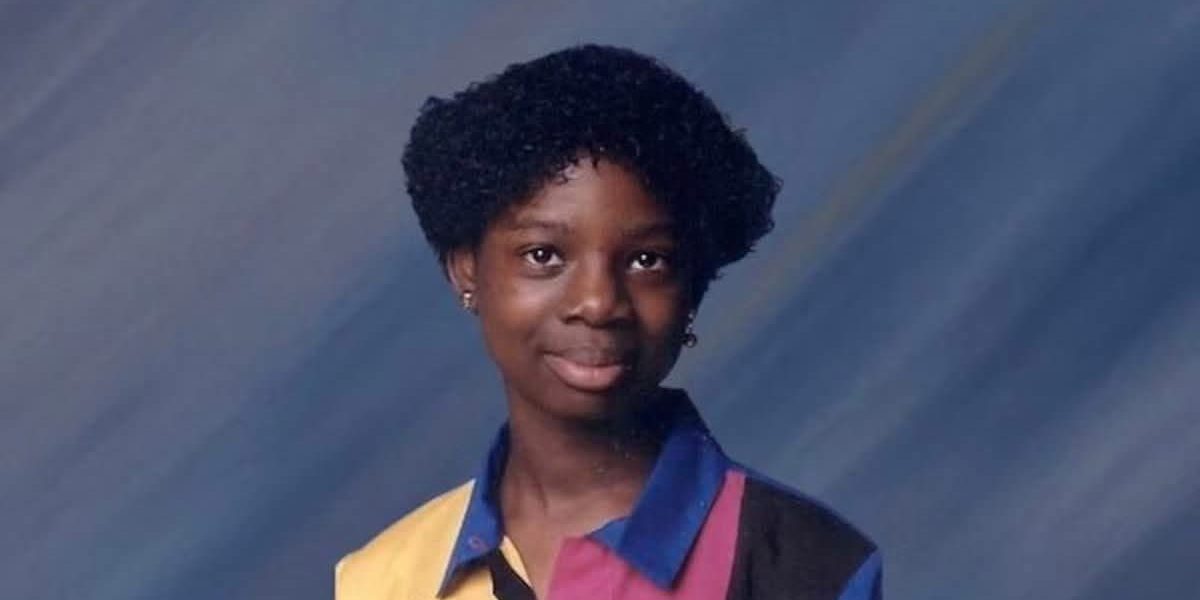Atlanta’s ‘Jane Doe’ Identified After Nearly 30 Years as 15-Year-Old Kiyona Arnold Through Advanced DNA Testing
Atlanta’s ‘Jane Doe’ Identified After Nearly 30 Years as 15-Year-Old Kiyona Arnold Through Advanced DNA Testing
Atlanta, GA — In a monumental breakthrough nearly three decades in the making, a young girl known only as “Jane Doe” since her remains were discovered in a shallow grave has finally been identified. Thanks to cutting-edge forensic DNA technology, the body has now been confirmed to be 15-year-old Kiyona Arnold, providing long-awaited answers to a cold case that haunted investigators and the community for almost 30 years.
The remains of the unidentified girl were found in 1995 in a remote, shallow grave in Atlanta. At the time, authorities were unable to determine her identity, and the case gradually went cold despite multiple attempts to match the victim’s features and DNA to missing persons databases. She became one of many unidentified victims across the country, her story frozen in time.
Now, in 2025, thanks to the efforts of Othram Inc., a Texas-based forensic laboratory specializing in advanced DNA testing and investigative genetic genealogy, the mystery of her identity has finally been solved. Othram, in collaboration with Atlanta law enforcement and forensic experts, utilized degraded DNA from the remains to build a comprehensive genetic profile. This profile was then used to trace possible relatives, leading to the eventual identification of the young girl as Kiyona Arnold, who had been missing since the mid-1990s.
📸 Image Credit: Othram Inc.
The revelation has sent waves of both relief and renewed urgency through the community and law enforcement agencies. For the first time in nearly three decades, Kiyona’s family has a name to mourn and a face to remember.
However, despite the identification, the case remains far from closed. Atlanta police have confirmed that the cause of Kiyona’s death is still undetermined, and the circumstances that led to her tragic demise remain unknown. As a result, investigators have formally reopened the case, now with a renewed sense of direction and a victim whose identity may help lead to justice.
“This breakthrough is a testament to the power of modern forensic science and the determination of those who never gave up on Kiyona,” said an Atlanta Police Department spokesperson. “While we now know who she is, our work is far from over. We are committed to finding out what happened to her and bringing those responsible to justice.”
Investigators are now appealing to the public for any information that could help reconstruct Kiyona’s final days. Given the time that has passed, authorities are asking anyone who may have known Kiyona or has knowledge of missing persons cases from the mid-1990s in Atlanta to come forward, even if their memories seem small or insignificant.
The case has also reignited discussions about the importance of funding forensic genealogy programs and supporting cold case investigations. Othram’s work is part of a growing effort to use DNA to solve cases once considered unsolvable, giving names back to the nameless and voices back to the voiceless.
Kiyona’s family, who had spent decades not knowing what happened to their daughter, is now grieving with answers but still searching for closure.
“After all these years, we finally know where Kiyona is,” a family member shared in a statement. “We just want to know what happened and why.”
Authorities are urging anyone with information to contact the Atlanta Police Department’s Homicide/Cold Case Unit.
As technology continues to evolve, cases like Kiyona Arnold’s highlight the enduring importance of hope, science, and persistence in the pursuit of truth and justice.





